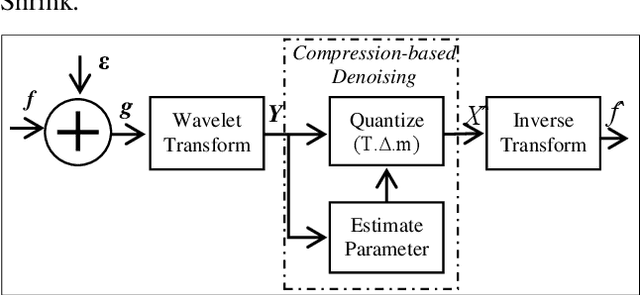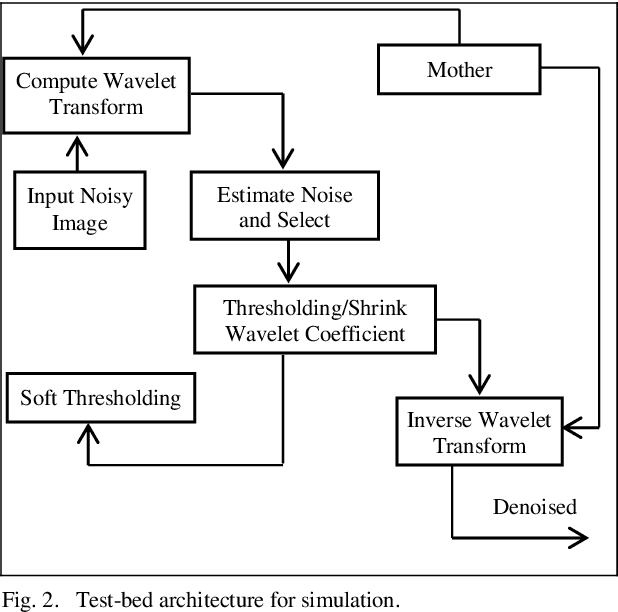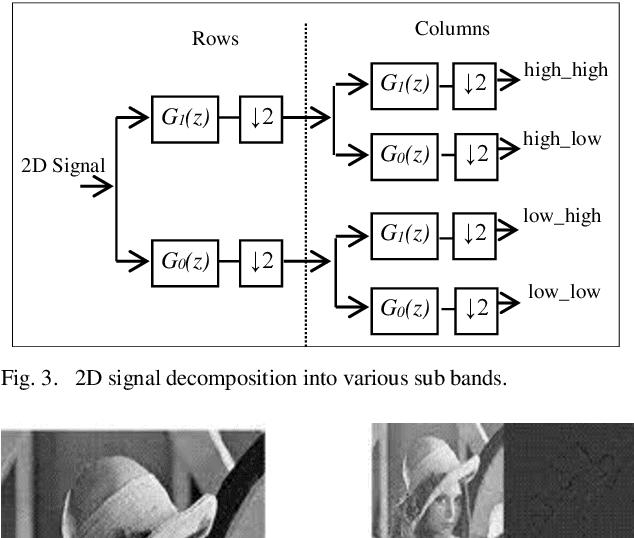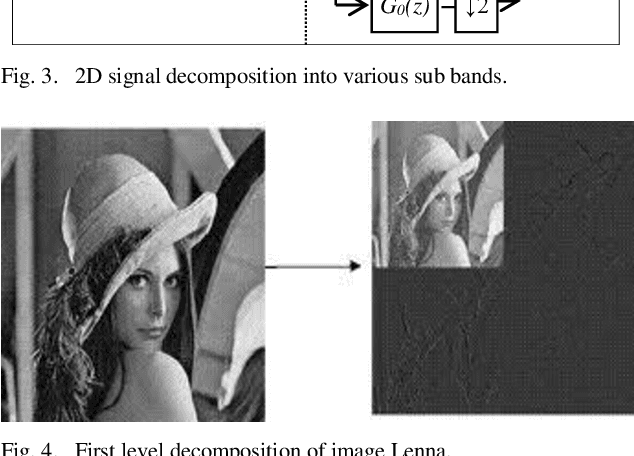Ajay Kumar Shrestha
Balancing Usability and Compliance in AI Smart Devices: A Privacy-by-Design Audit of Google Home, Alexa, and Siri
Jan 07, 2026Abstract:This paper investigates the privacy and usability of AI-enabled smart devices commonly used by youth, focusing on Google Home Mini, Amazon Alexa, and Apple Siri. While these devices provide convenience and efficiency, they also raise privacy and transparency concerns due to their always-listening design and complex data management processes. The study proposes and applies a combined framework of Heuristic Evaluation, Personal Information Protection and Electronic Documents Act (PIPEDA) Compliance Assessment, and Youth-Centered Usability Testing to assess whether these devices align with Privacy-by-Design principles and support meaningful user control. Results show that Google Home achieved the highest usability score, while Siri scored highest in regulatory compliance, indicating a trade-off between user convenience and privacy protection. Alexa demonstrated clearer task navigation but weaker transparency in data retention. Findings suggest that although youth may feel capable of managing their data, their privacy self-efficacy remains limited by technical design, complex settings, and unclear data policies. The paper concludes that enhancing transparency, embedding privacy guidance during onboarding, and improving policy alignment are critical steps toward ensuring that smart devices are both usable and compliant with privacy standards that protect young users.
Convenience vs. Control: A Qualitative Study of Youth Privacy with Smart Voice Assistants
Jan 07, 2026Abstract:Smart voice assistants (SVAs) are embedded in the daily lives of youth, yet their privacy controls often remain opaque and difficult to manage. Through five semi-structured focus groups (N=26) with young Canadians (ages 16-24), we investigate how perceived privacy risks (PPR) and benefits (PPBf) intersect with algorithmic transparency and trust (ATT) and privacy self-efficacy (PSE) to shape privacy-protective behaviors (PPB). Our analysis reveals that policy overload, fragmented settings, and unclear data retention undermine self-efficacy and discourage protective actions. Conversely, simple transparency cues were associated with greater confidence without diminishing the utility of hands-free tasks and entertainment. We synthesize these findings into a qualitative model in which transparency friction erodes PSE, which in turn weakens PPB. From this model, we derive actionable design guidance for SVAs, including a unified privacy hub, plain-language "data nutrition" labels, clear retention defaults, and device-conditional micro-tutorials. This work foregrounds youth perspectives and offers a path for SVA governance and design that empowers young digital citizens while preserving convenience.
Ethical AI for Young Digital Citizens: A Call to Action on Privacy Governance
Mar 15, 2025Abstract:The rapid expansion of Artificial Intelligence (AI) in digital platforms used by youth has created significant challenges related to privacy, autonomy, and data protection. While AI-driven personalization offers enhanced user experiences, it often operates without clear ethical boundaries, leaving young users vulnerable to data exploitation and algorithmic biases. This paper presents a call to action for ethical AI governance, advocating for a structured framework that ensures youth-centred privacy protections, transparent data practices, and regulatory oversight. We outline key areas requiring urgent intervention, including algorithmic transparency, privacy education, parental data-sharing ethics, and accountability measures. Through this approach, we seek to empower youth with greater control over their digital identities and propose actionable strategies for policymakers, AI developers, and educators to build a fairer and more accountable AI ecosystem.
Privacy Ethics Alignment in AI (PEA-AI): A Stakeholder-Centric Based Framework for Ethcial AI
Mar 15, 2025Abstract:The increasing integration of Artificial Intelligence (AI) in digital ecosystems has reshaped privacy dynamics, particularly for young digital citizens navigating data-driven environments. This study explores evolving privacy concerns across three key stakeholder groups, digital citizens (ages 16-19), parents, educators, and AI professionals, and assesses differences in data ownership, trust, transparency, parental mediation, education, and risk-benefit perceptions. Employing a grounded theory methodology, this research synthesizes insights from 482 participants through structured surveys, qualitative interviews, and focus groups. The findings reveal distinct privacy expectations- Young users emphasize autonomy and digital freedom, while parents and educators advocate for regulatory oversight and AI literacy programs. AI professionals, in contrast, prioritize the balance between ethical system design and technological efficiency. The data further highlights gaps in AI literacy and transparency, emphasizing the need for comprehensive, stakeholder-driven privacy frameworks that accommodate diverse user needs. Using comparative thematic analysis, this study identifies key tensions in privacy governance and develops the novel Privacy-Ethics Alignment in AI (PEA-AI) model, which structures privacy decision-making as a dynamic negotiation between stakeholders. By systematically analyzing themes such as transparency, user control, risk perception, and parental mediation, this research provides a scalable, adaptive foundation for AI governance, ensuring that privacy protections evolve alongside emerging AI technologies and youth-centric digital interactions.
Navigating AI to Unpack Youth Privacy Concerns: An In-Depth Exploration and Systematic Review
Dec 20, 2024

Abstract:This systematic literature review investigates perceptions, concerns, and expectations of young digital citizens regarding privacy in artificial intelligence (AI) systems, focusing on social media platforms, educational technology, gaming systems, and recommendation algorithms. Using a rigorous methodology, the review started with 2,000 papers, narrowed down to 552 after initial screening, and finally refined to 108 for detailed analysis. Data extraction focused on privacy concerns, data-sharing practices, the balance between privacy and utility, trust factors in AI, transparency expectations, and strategies to enhance user control over personal data. Findings reveal significant privacy concerns among young users, including a perceived lack of control over personal information, potential misuse of data by AI, and fears of data breaches and unauthorized access. These issues are worsened by unclear data collection practices and insufficient transparency in AI applications. The intention to share data is closely associated with perceived benefits and data protection assurances. The study also highlights the role of parental mediation and the need for comprehensive education on data privacy. Balancing privacy and utility in AI applications is crucial, as young digital citizens value personalized services but remain wary of privacy risks. Trust in AI is significantly influenced by transparency, reliability, predictable behavior, and clear communication about data usage. Strategies to improve user control over personal data include access to and correction of data, clear consent mechanisms, and robust data protection assurances. The review identifies research gaps and suggests future directions, such as longitudinal studies, multicultural comparisons, and the development of ethical AI frameworks.
Enhancing Scalability and Reliability in Semi-Decentralized Federated Learning With Blockchain: Trust Penalization and Asynchronous Functionality
Oct 30, 2023Abstract:The paper presents an innovative approach to address the challenges of scalability and reliability in Distributed Federated Learning by leveraging the integration of blockchain technology. The paper focuses on enhancing the trustworthiness of participating nodes through a trust penalization mechanism while also enabling asynchronous functionality for efficient and robust model updates. By combining Semi-Decentralized Federated Learning with Blockchain (SDFL-B), the proposed system aims to create a fair, secure and transparent environment for collaborative machine learning without compromising data privacy. The research presents a comprehensive system architecture, methodologies, experimental results, and discussions that demonstrate the advantages of this novel approach in fostering scalable and reliable SDFL-B systems.
Blockchain-Based Federated Learning: Incentivizing Data Sharing and Penalizing Dishonest Behavior
Jul 19, 2023Abstract:With the increasing importance of data sharing for collaboration and innovation, it is becoming more important to ensure that data is managed and shared in a secure and trustworthy manner. Data governance is a common approach to managing data, but it faces many challenges such as data silos, data consistency, privacy, security, and access control. To address these challenges, this paper proposes a comprehensive framework that integrates data trust in federated learning with InterPlanetary File System, blockchain, and smart contracts to facilitate secure and mutually beneficial data sharing while providing incentives, access control mechanisms, and penalizing any dishonest behavior. The experimental results demonstrate that the proposed model is effective in improving the accuracy of federated learning models while ensuring the security and fairness of the data-sharing process. The research paper also presents a decentralized federated learning platform that successfully trained a CNN model on the MNIST dataset using blockchain technology. The platform enables multiple workers to train the model simultaneously while maintaining data privacy and security. The decentralized architecture and use of blockchain technology allow for efficient communication and coordination between workers. This platform has the potential to facilitate decentralized machine learning and support privacy-preserving collaboration in various domains.
Performance Analysis of Spatial and Transform Filters for Efficient Image Noise Reduction
Sep 14, 2019



Abstract:During the acquisition of an image from its source, noise always becomes an integral part of it. Various algorithms have been used in past to denoise the images. Image denoising still has scope for improvement. Visual information transmitted in the form of digital images has become a considerable method of communication in the modern age, but the image obtained after the transmission is often corrupted due to noise. In this paper, we review the existing denoising algorithms such as filtering approach and wavelets based approach and then perform their comparative study with bilateral filters. We use different noise models to describe additive and multiplicative noise in an image. Based on the samples of degraded pixel neighbourhoods as inputs, the output of an efficient filtering approach has shown a better image denoising performance. This yields promising qualitative and quantitative results of the degraded noisy images in terms of Peak Signal to Noise Ratio, Mean Square Error and Universal Quality Identifier.
 Add to Chrome
Add to Chrome Add to Firefox
Add to Firefox Add to Edge
Add to Edge